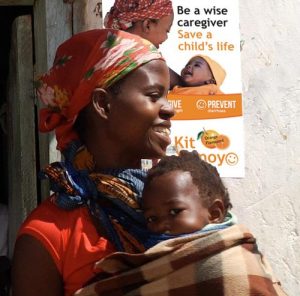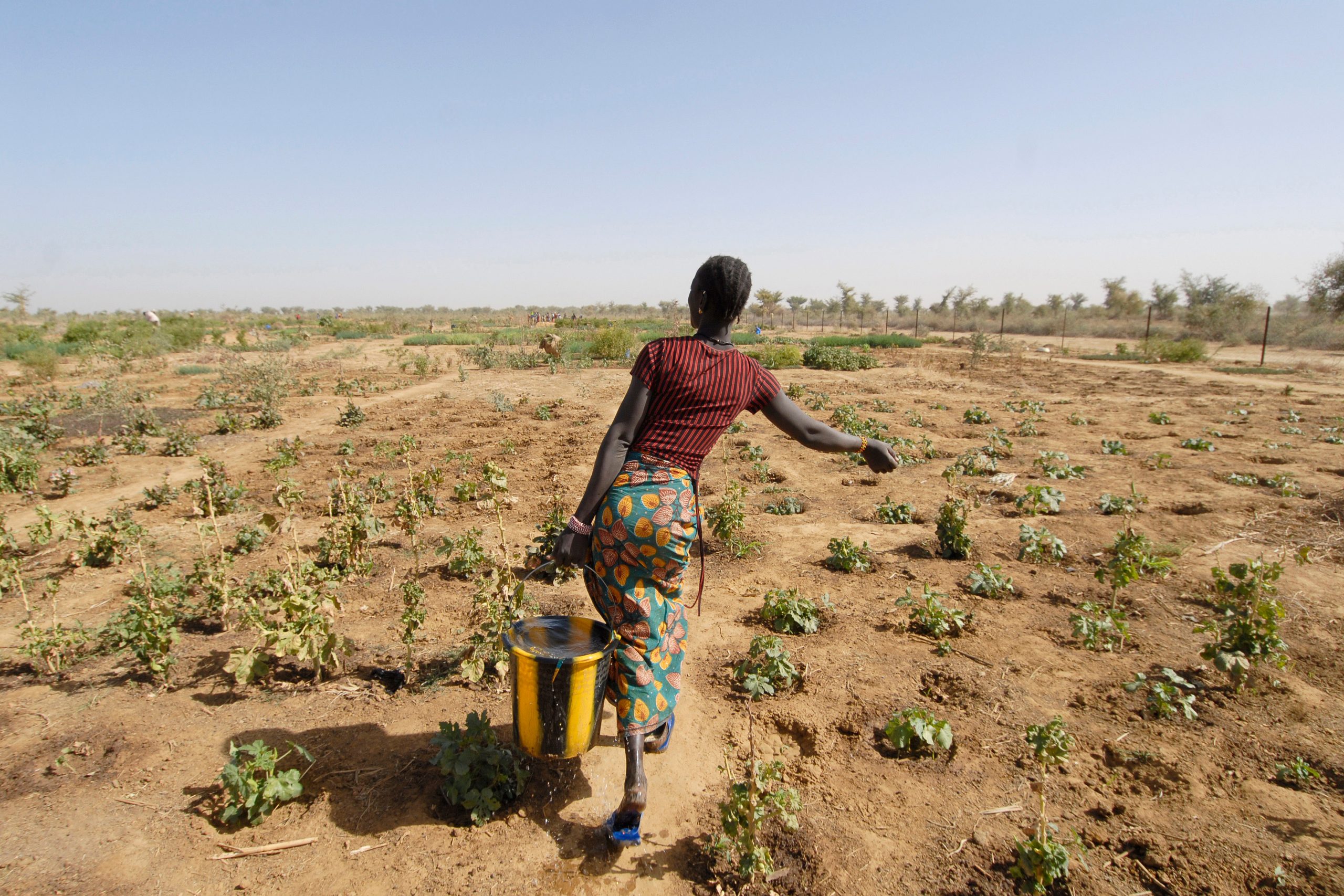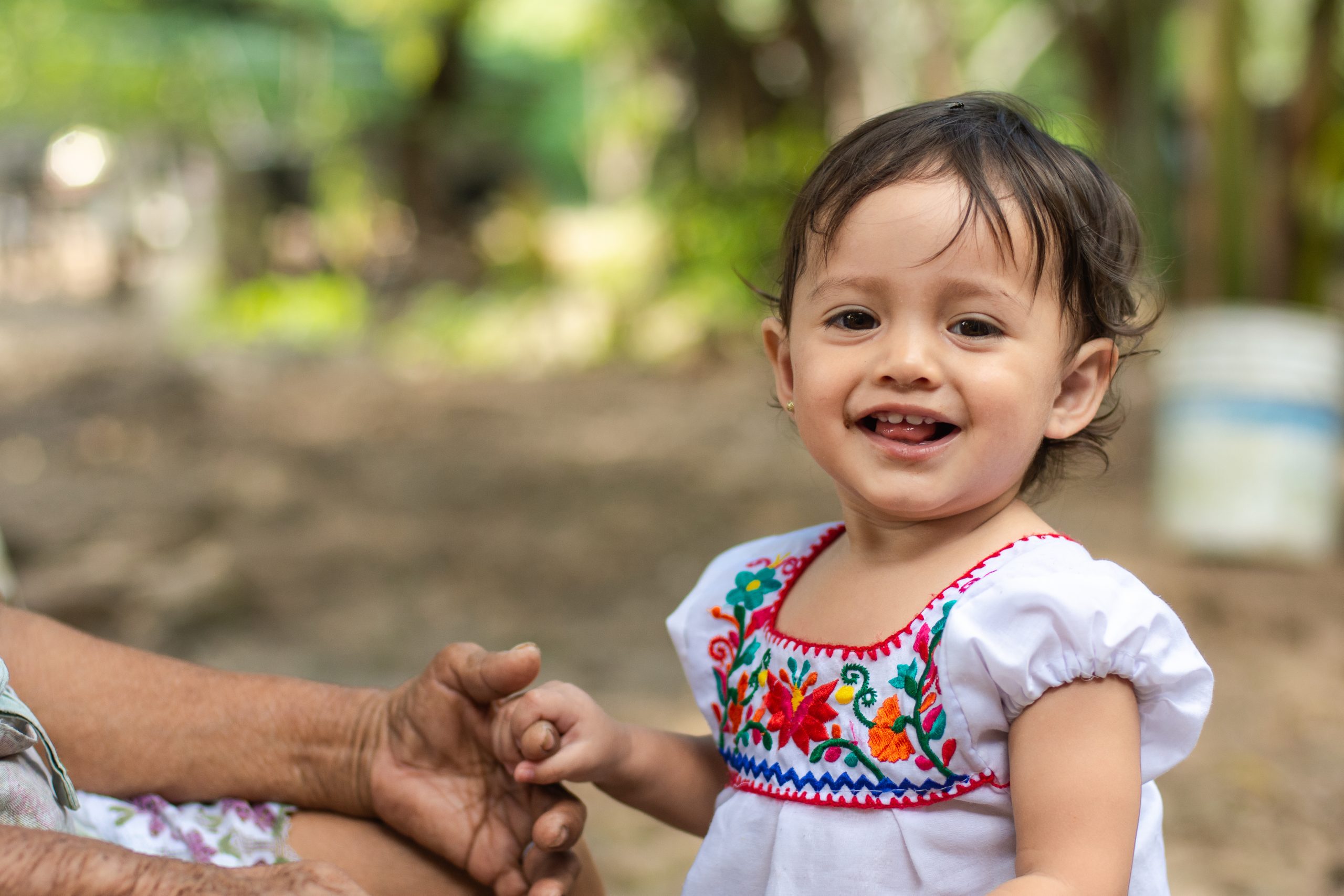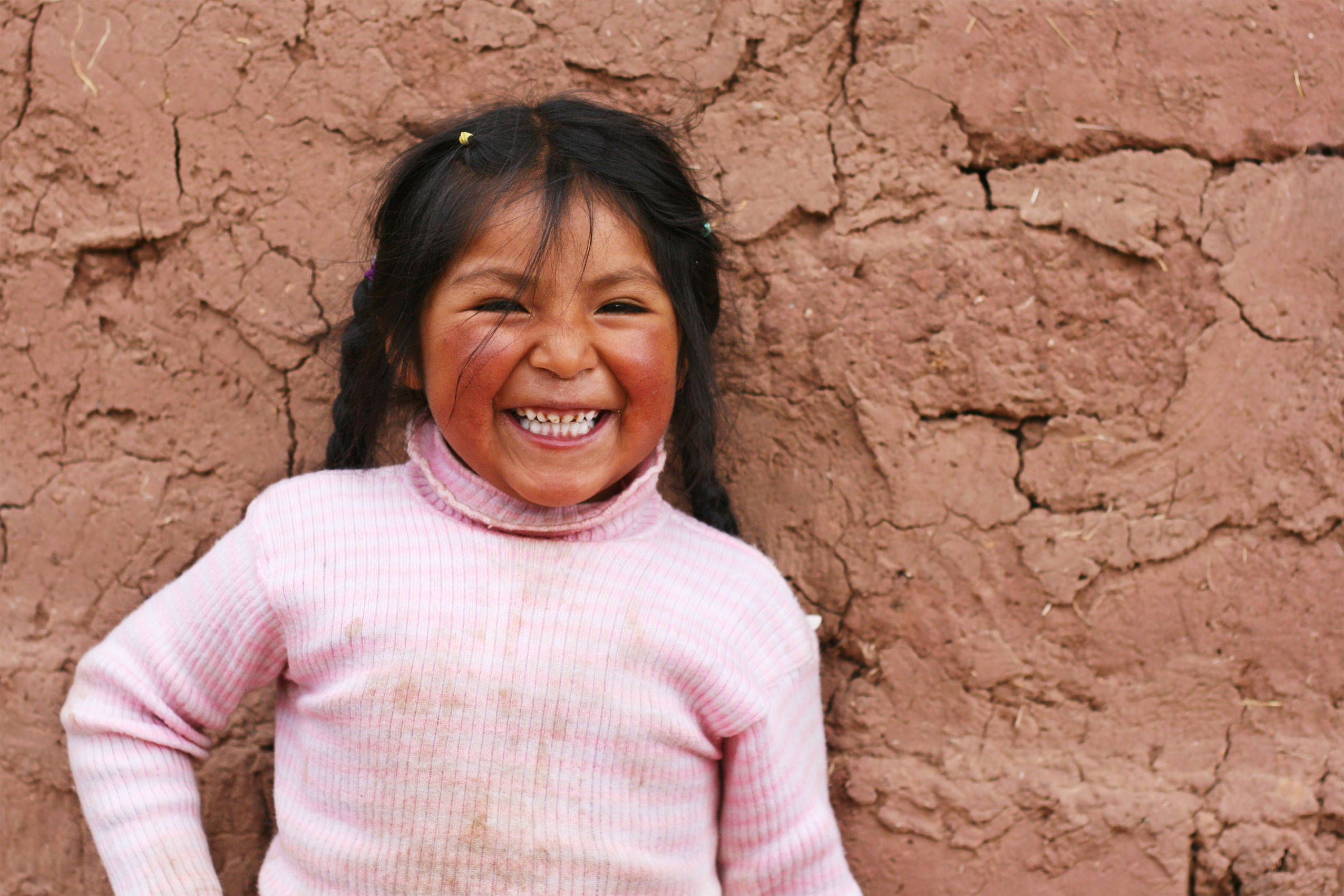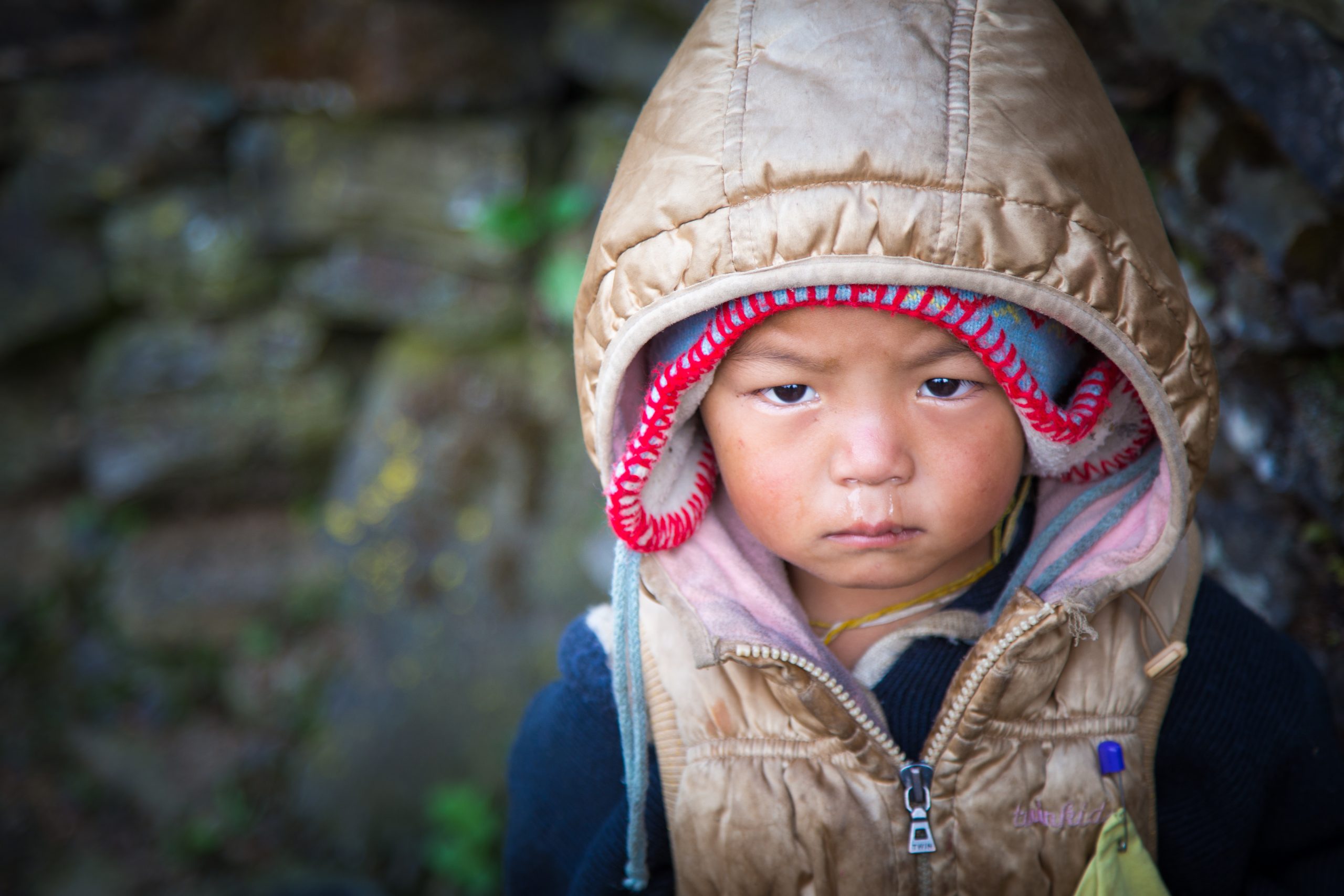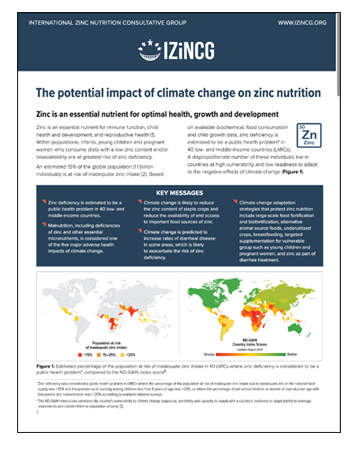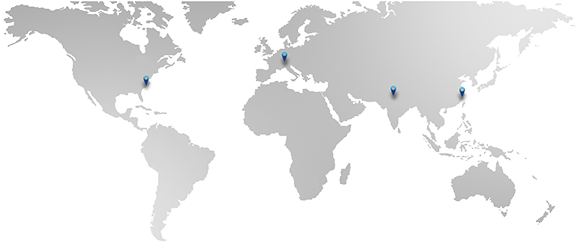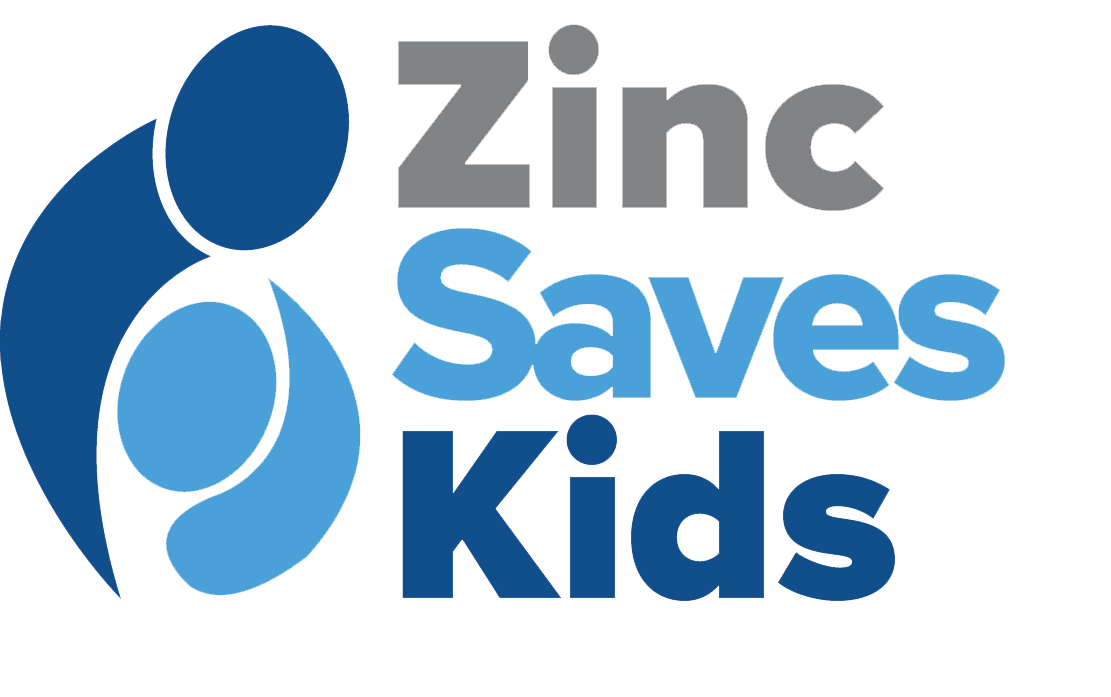
Zinc Saves Kids
An initiative to enhance child survival, well-being, and development through access to zinc
The Zinc Saves Kids foundation supports zinc initiatives that promote supplementation, fortification and treatment programs to improve the survival, growth and development of young children.
New Initiative in Zambia
Kids Helped
55,000 kits donated in Zambia
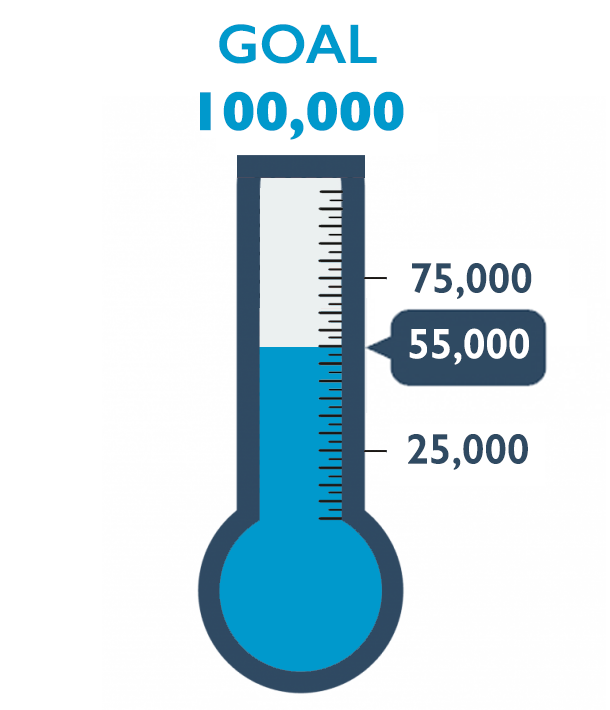
IZA recently launched a partnership with pharmaceutical manufacturer Pharmanova to treat childhood diarrhea with the life-saving benefits of zinc in Zambia, where more than 30% of the population suffers from zinc deficiency. Every dollar donated will go to the Zambian initiative to provide a child with the Kit Yamoyo, the “Kit of Life”, which contains oral rehydration salts and a ten-day supply of zinc to treat diarrhea and prevent future illnesses. Be a part of Zinc Saves Kids and make a donation to help families across Zambia access this life-saving zinc treatment.
Our Partners & Programs
Supporting proven programs that promote the healthy development of children has always been a cornerstone of Zinc Saves Kids partnerships. Our programs encompass support for initiatives covering supplementation, food fortification, and treatment.
For over a decade, Zinc Saves Kids has supported UNICEF efforts to combat chronic malnutrition and diarrheal diseases in children under five years of age through national supplementation and education programs.
Similarly, enabling food fortification and micro-nutrient policies in vulnerable populations is supported through IZiNCG.
Most recently, IZA recently launched a partnership with pharmaceutical manufacturer Pharmanova to treat childhood diarrhea with the life-saving benefits of zinc in Zambia, where more than 30% of the population suffers from zinc deficiency.
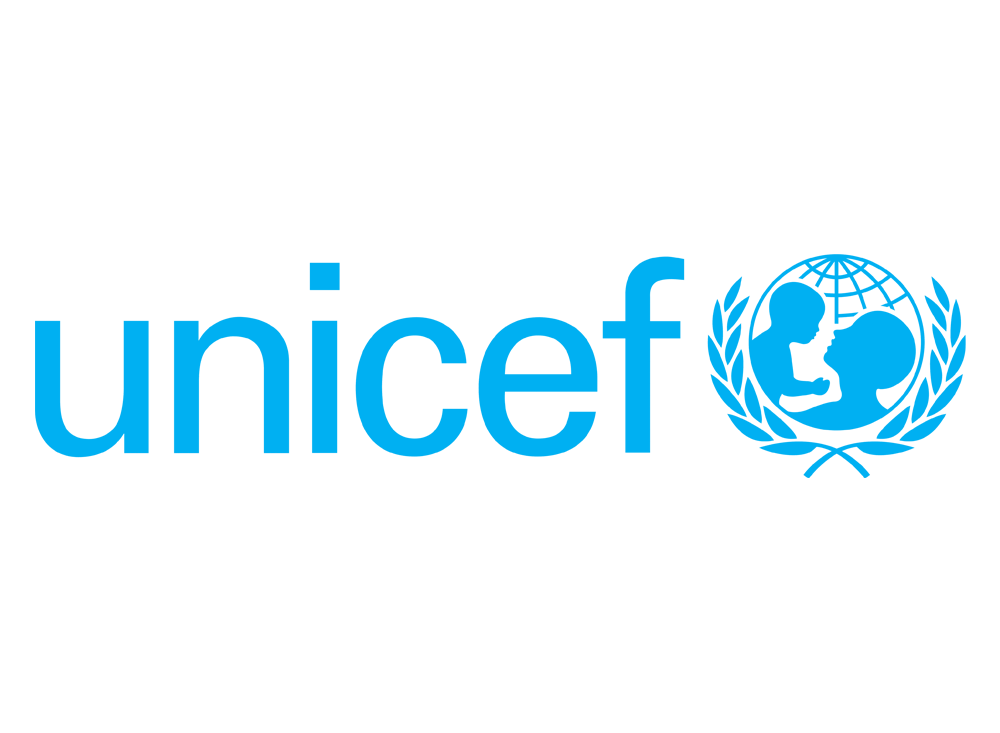
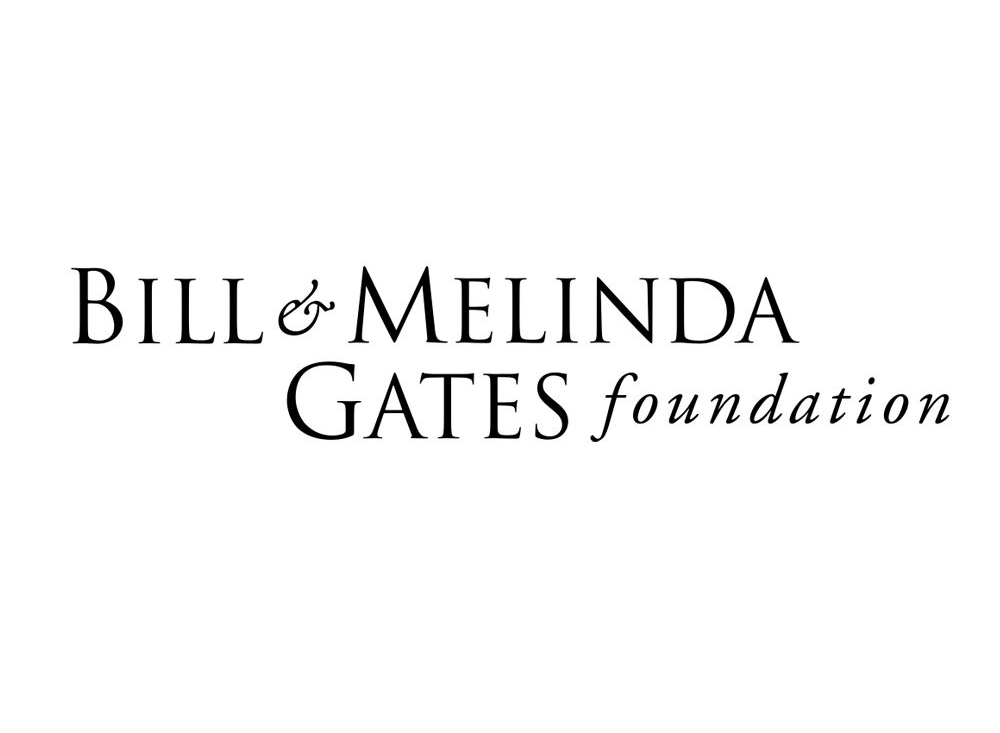
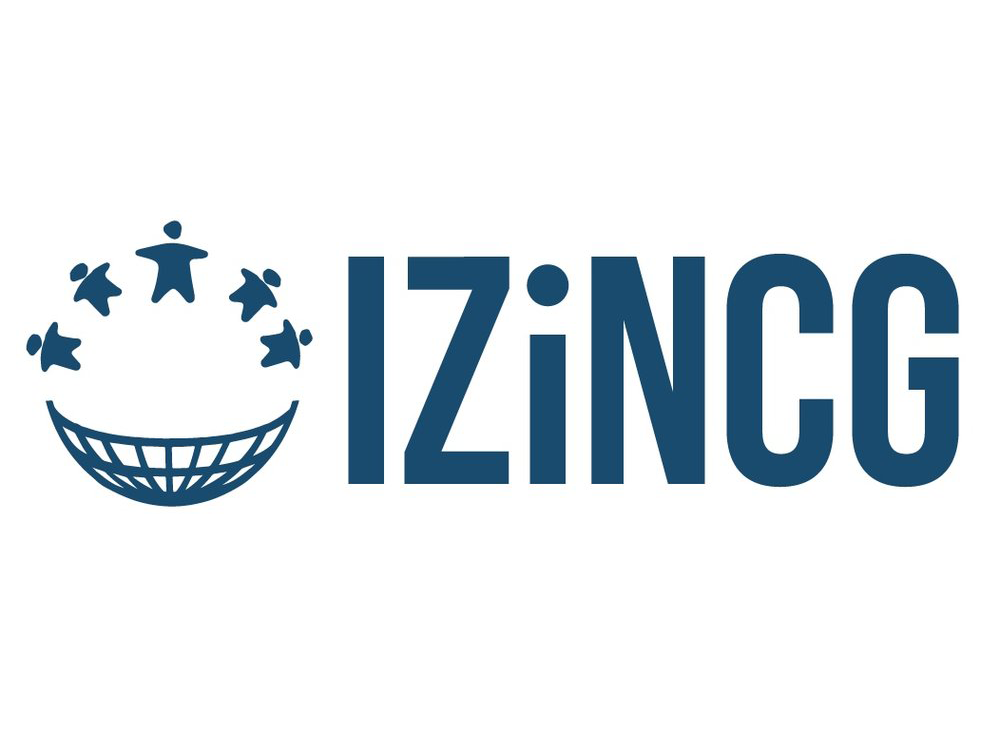
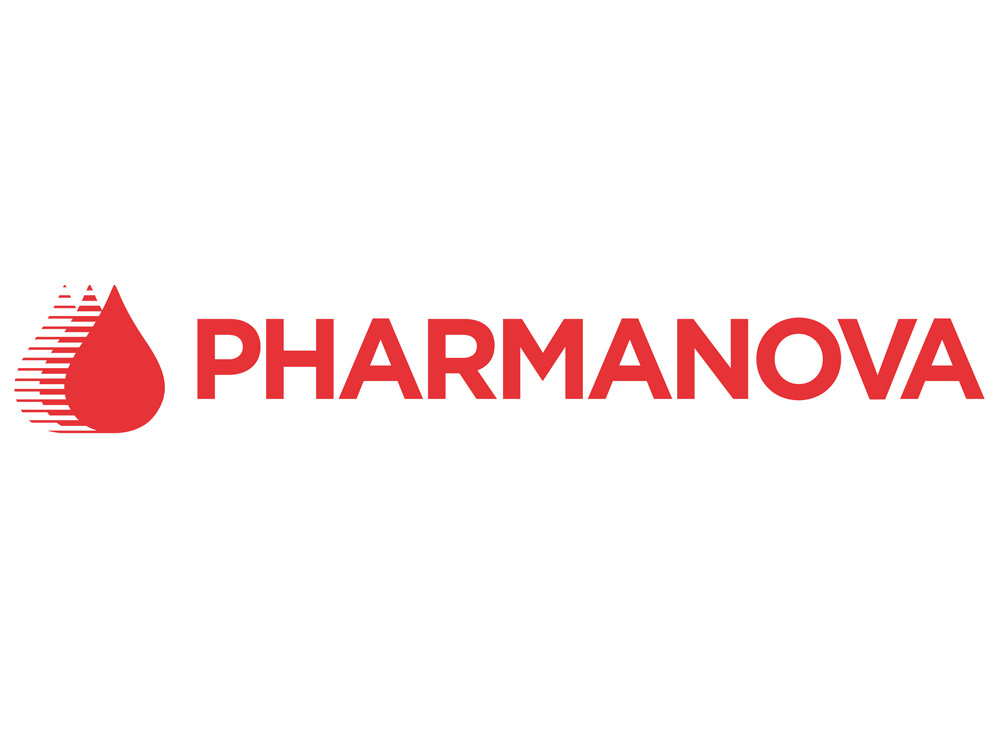
Zambia
Zinc Saves Kids has partnered with pharmaceutical manufacturer Pharmanova to treat childhood diarrhea with the life-saving benefits of zinc in Zambia. Money raised will provide Zambian children with Kit Yamoyo, the “Kit of Life”, which contains oral rehydration salts and a ten-day supply of zinc to treat diarrhea and prevent future illnesses.
IZiNCG
Zinc Saves Kids supports the mission of the International Zinc Nutrition Consultative Group to develop effective national-scale zinc intervention strategies. Activities have identified the effects of zinc fortification on zinc deficiency, barriers and enabling factors of effective zinc fortification programs, characterizing the 'fortification gap', and raising awareness of zinc fortification in national programs (Senegal, Burkina Faso, and Honduras).
MEXICO
Zinc Saves Kids supported Industrias Peñoles, Zinc Nacional, and UNICEF Mexico in sponsoring a clinical trial to prove the effectiveness of zinc in the treatment of diarrhea. Additionally, the project created a training and awareness campaign aimed at health professionals; the measurement of zinc serum levels; the evaluation of zinc fortification; and advocacy efforts.
PERU
Zinc Saves Kids supported the successful implementation of diarrheal treatment using zinc. Health centers in seven regions provided oral rehydration salts + zinc to children suffering from acute diarrheal diseases. More than a million children benefited from zinc-containing multiple micronutrient powders strengthening their immune systems and enabling a healthy start in life.
NEPAL
Zinc Saves Kids sponsored micro-nutrient pilot projects in six regions, with expansion to an additional nine regions. These projects significantly increased the provision of life-saving zinc treatment for diarrhea through the public health system. Funding also aided the Government of Nepal in launching a multi-sector nutrition plan aimed at scaling up micronutrient projects.
Zinc's Life-Saving Benefits
Zinc deficiency is a significant health problem in developing countries, especially among young children. Zinc deficiency weakens their immune system and leaves them vulnerable to diarrhea, pneumonia, and malaria. Diarrhea is one of the leading causes of death in children under five years of age claiming the lives of 116,000 young children per year. Zinc deficiency has also been linked to growth retardation (stunting) and impeded intellectual development affecting over 60% (nearly 400 million) children under five. While zinc is crucial to the treatment of diarrhea, it also plays a significant role in preventing other health problems.
Over 1 billion people are classified as zinc deficient.
116,000 children die each year from zinc deficiency related issues.
Zinc deficiency has been linked to growth retardation (stunting), impeded intellectual development, and numerous other serious health issues; potentially affecting nearly 400 million children under five.
The Copenhagen Consensus identified Zinc and Vitamin A as the most cost-effective solution to malnutrition.
Zinc has been labelled a 'Life Saving Commodity" by the United Nations.
Frequently Asked Questions
What is the Zinc Saves Kids initiative?
The Zinc Saves Kids foundation supports zinc initiatives that promote supplementation, fortification, and treatment programs to improve young children's survival, growth, and development. Zinc Saves Kids was launched in 2010 with the objective of increasing awareness of the global zinc deficiency issue. Our programs encompass support for initiatives covering supplementation, food fortification, and treatment.
What is zinc deficiency?
Zinc deficiency is a global health problem, mainly related to an inadequate intake of zinc supplied to the body through a diversified diet including meats and fish. However, these protein sources are often inaccessible to people in developing countries. Children are especially vulnerable to zinc deficiency. Zinc deficiency weakens their immune system making them incapable of fighting diarrhea and infections such as pneumonia. Zinc deficiency also leads to retarded growth and development and stunting with life-long impacts on health and societal productivity.
Can zinc deficiency be treated?
Yes, zinc deficiency is preventable. A lack of adequate zinc in the daily diet can be corrected through the provision of zinc supplements. A 10-14 day course of 20mg zinc tablets in combination with Oral Rehydration Salts can stop diarrhea and prevent further episodes for two to three months. Zinc supplementation is also linked to reducing the duration and severity of common cold. The costs to address acute diarrheal diseases treatment are as low as 50 US cents per application. Zinc-containing multiple micro-nutrient powders are also used to prevent and combat malnutrition through local education and health systems. The annual costs per child amount to 5 US$. A few extra milligrams of zinc every day can make a huge difference and are a quick, easy, effective, and inexpensive remedy.
What is the time frame of the Zinc Saves Kids initiative?
IZA considers the fight against global zinc deficiency a long-term commitment.
How is Zinc Saves Kids implemented on the ground?
Zinc Saves Kids supports initiatives that are proven and addressing practical health solutions. Our programs are translating the best science and practices to improve access to zinc for children and women through national and international policy changes.
Can I make a donation to this initiative?
Yes. We welcome your donation as a private individual, community, company, and/or NGO. Every cent will help save lives. Donations can be made by wire transfer, credit card, or cheque. Please get in touch with ZincSavesKids@zinc.org.
Is my donation to Zinc Saves Kids tax-deductable?
Zinc Saves Kids is a recognized 501(c)3 charitable Foundation established in the United States of America. Donations made to Zinc Saves Kids are fully tax-deductible. Donations made from other parts of the world are unfortunately not tax-deductible.
Where will the money that I donate go?
100% of the money received by Zinc Saves Kids is passed directly to treatment and research.
What is the International Zinc Association and why is it involved in this particular initiative?
The International Zinc Association (IZA) provides global leadership, coordination, and value on strategic issues for the zinc industry, including market development, license to operate, communications, and sustainability. IZA is a non-profit organization representing the global zinc industry by supporting and advancing zinc products and markets through research, development, technology transfer and communicating the unique attributes that make zinc sustainable and essential for life.
IZA has been active for over 30 years in advancing research on zinc’s importance for health and nutrition. It is involved in numerous corporate social responsibility commitments with the zinc industry, including the launch of Zinc Saves Kids in 2010.
Is the zinc industry making money from the sale of zinc supplements?
No. The market for zinc to address deficiency through supplementation, fortification, or treatment approaches, while important, is minuscule relative to the global zinc market. All donations represent philanthropic commitments towards improving the survival, health and development of young children.
